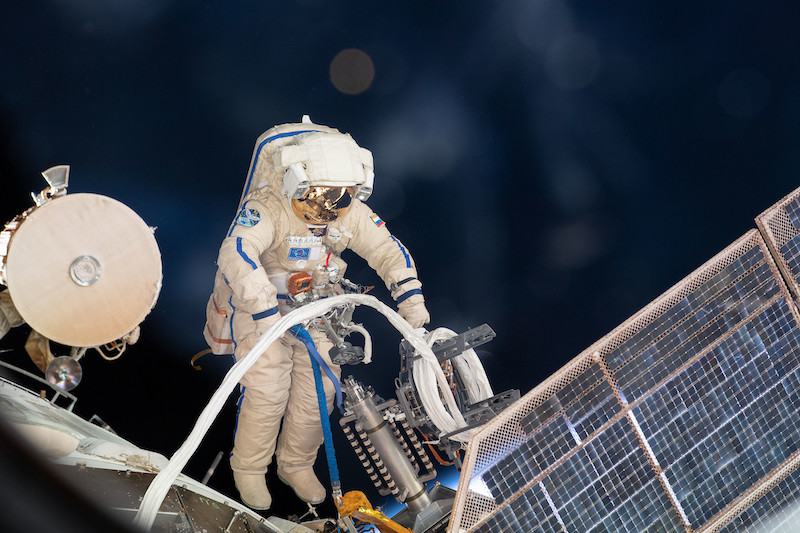The first spacewalk scheduled for the International Space Station (ISS) this year was abruptly cancelled just about an hour before it was set to begin on Thursday. NASA, the US space agency, cited an "uncomfortable spacesuit issue" as the reason for postponing the extravehicular activity (EVA), as spacewalks are formally termed.
The spacewalk involved astronauts Tracy C. Dyson and Matthew Dominick. Dyson, a veteran of three previous spacewalks, and Dominick, who was slated for his first, were due to embark on a mission lasting approximately six and a half hours. The nature of the spacesuit problem remains undisclosed, with NASA not revealing whether it affected one or both astronauts. However, the seriousness of the situation was evident by the complete cancellation of the spacewalk, rather than a postponement to allow for troubleshooting.
Spacesuits are undeniably complex machines, and even minor issues can snowball into significant problems during an EVA. Astronauts working in the harsh environment of space are entirely reliant on their spacesuits for survival. Spacesuits shield astronauts from the unforgiving vacuum, regulate their body temperature, and supply them with oxygen. A malfunctioning spacesuit could render an astronaut incapacitated or worse.
Thankfully, NASA has assured the public that the crew stationed on the ISS are all healthy, and the spacesuits themselves are functioning as intended. The discomfort experienced by one (or possibly both) astronauts was likely due to an improper fit, a situation that could become dangerously problematic during a long spacewalk.
The next scheduled spacewalk at the ISS is slated for Monday, June 24th, with another one to follow on Tuesday, July 2nd. NASA has not yet revealed the identities of the astronauts who will be participating in these upcoming missions. The unexpected postponement of Thursday's spacewalk, while concerning due to its unusual nature, is unlikely to significantly impact the overall schedule of planned spacewalks for the remainder of 2024.

